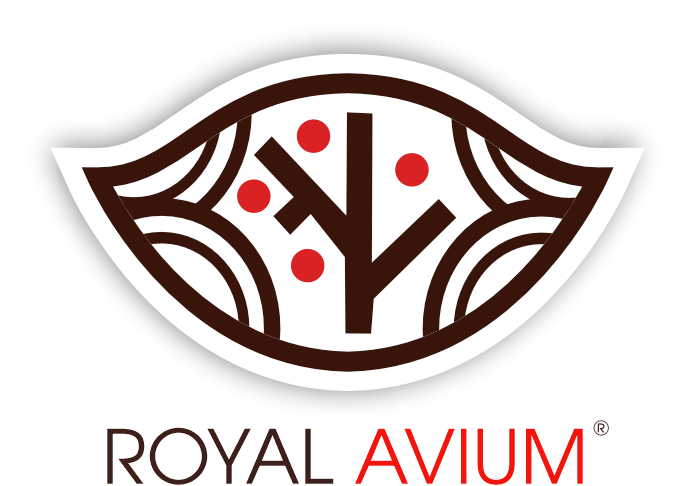FOR A GREENER FUTURE
Plant Quality
In the laboratory, we have established a method in which "seeds" are multiplied in vitro. This technique allows us to efficiently propagate the Vogteier Bird Cherry under controlled conditions. By applying advanced cell culture techniques, we can obtain numerous plants from a single starting cell, leading to faster and more reliable production of high-quality plant material. This method not only ensures genetic purity (without genetic modification) and plant health but also contributes to the preservation of rare or endangered varieties by propagating them under optimal conditions.
Conservation and Promotion of Understories and Edge Plantings
Building climate-resilient forests requires forestry measures aimed at improving the adaptive capacity and resilience of forest ecosystems. These include:
